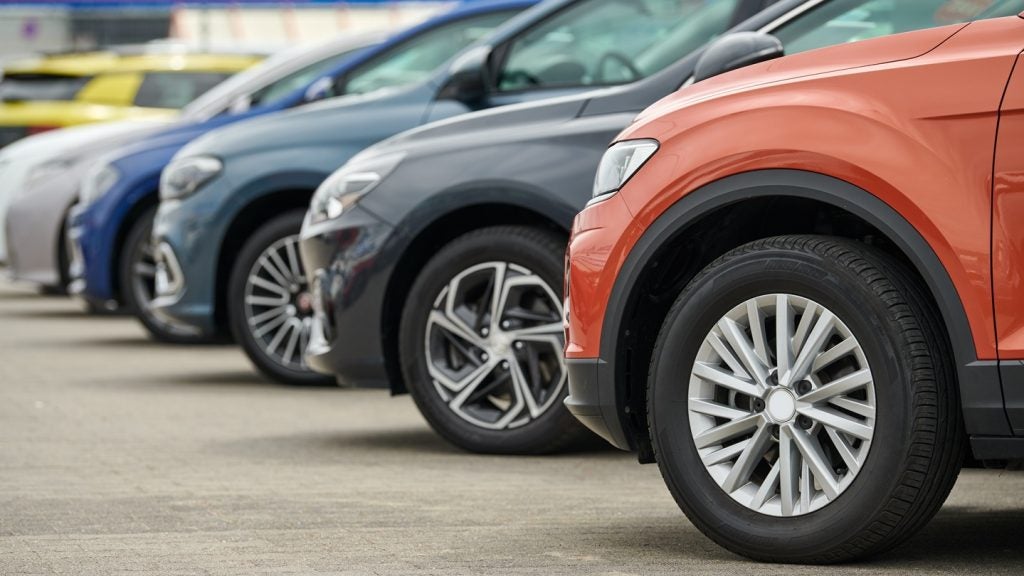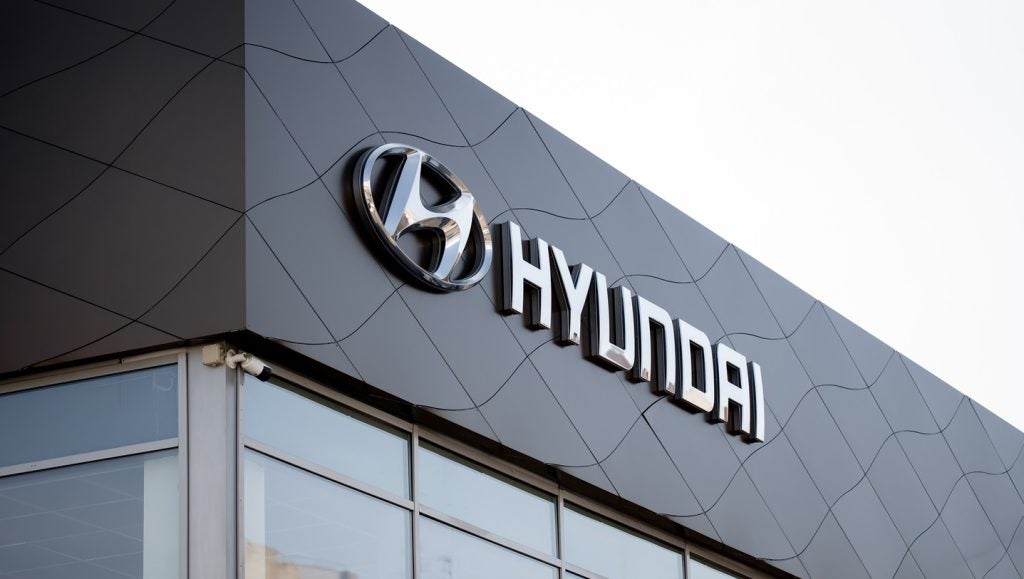
In a Deloitte report on Battery Electric Vehicles (BEVs), the company predicted that the reducing cost of the technology will lead to BEVs costing roughly the same for consumers as an equivalent vehicle run on an internal combustion engine by the year 2022.
The company also suggested that this could spur a purchasing drive leading to 10% of all vehicles on the road being EVs by 2024.
Mike Woodward, Northwest Europe Automotive Leader, said: “The last two years has seen a sea change in attitutudes towards EVs. While 2017 was a landmark year for EVs, as global sales surpassed one million units for the first time, it is quite possible that in 2018 more than two million units were sold.
“In response to the growing demand for EVs, automotive original equipment manufacturers are pursuing electric strategies with varying degrees of success. With competition fierce amongst themselves, the incumbent OEMs now face growing competition from lesser known Chinese OEMs and a staggering number of new entrants, including a mixture of start-ups, established tech companies and even brands from other industries.”
Deloitte’s latest outlook shows EV sales increasing from 2 million units in 2018, to 4 million in 2020, 12 million in 2025, and rising to 21 million units sold worldwide in 2030 and the prices of batteries drop dramatically.
Factors identified in driving the change included fuel economy and emissions standards, as governments around the world increase fuel duties and impose Ultra Low Emissions Zones on major urban environments.
Also a potential factor was financial incentives for drivers to take up electric vehicles. In the UK, the government will keep offering subsidies for businesses that invest in electric vehicle charging points until March 2023, Chancellor Philip Hammond has pledged.
Last November an event was held at University of West England (UWE) for an event on its Bristol campus that brought together experts from fleet management, electric vehicles (EVs) and academic research to discuss the future potential impact of Clean Air Zones (CAZs) and the wider adoption of EVs.







